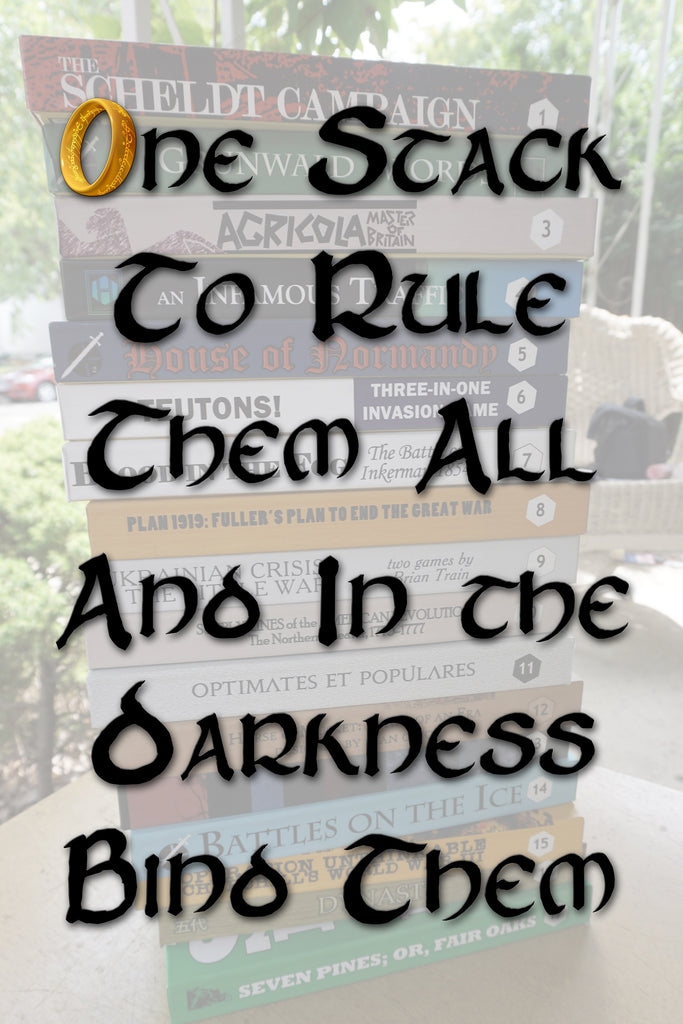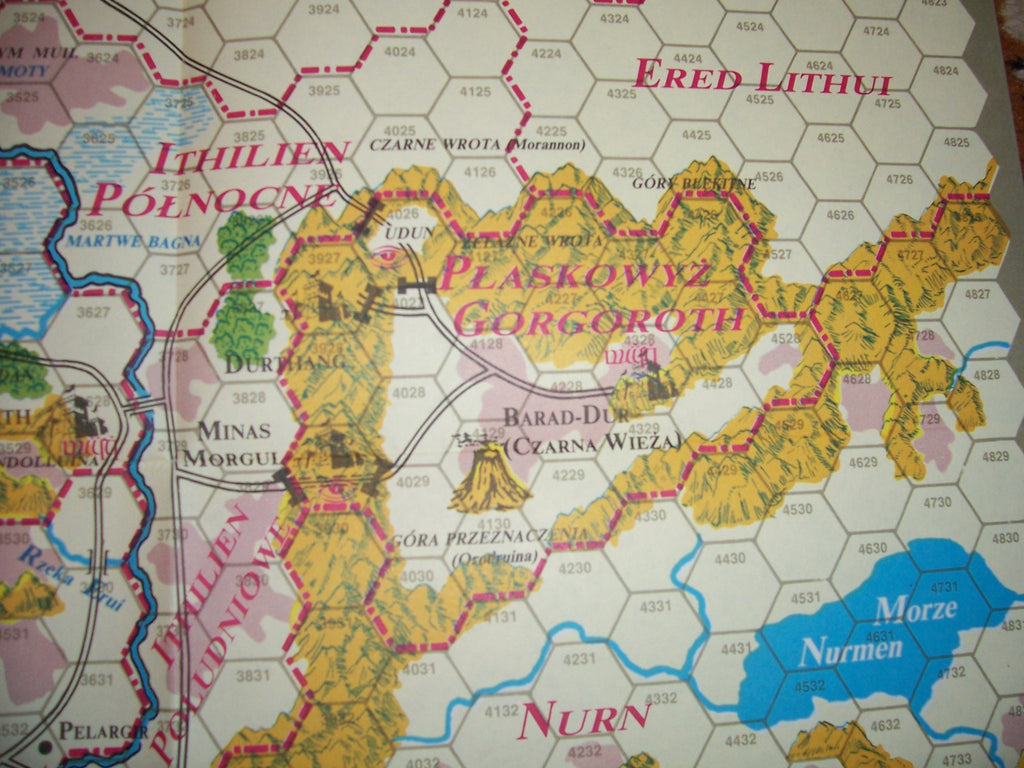Hollandazed: Thoughts, Ideas, and Miscellany — playtesting
FIFTY-FIFTY (by Tom Russell)

Most of my games are for two players, and most of those are asymmetric: the Irish Player versus the Viking Player (cf. Kingdom of Dyflin) for example, or Patriot versus Crown (Supply Lines). Because each side has certain advantages and disadvantages - something which doesn't feature in a game with symmetrical player positions - much of the playtesting is preoccupied with ensuring these advantages and disadvantages achieve the proper balance. A conventional and commonplace conception of balance would figure that each side in a given match should have an equal chance of winning assuming players of equal skill. This plays...
FROM THE ARCHIVES: ONE STACK TO RULE THEM ALL, AND IN THE DARKNESS BIND THEM (by Tom Russell)

Playtest, playtest, playtest. Even folks who only play games, and never make the transition to designing, know that playtesting is an integral - maybe even the integral - part of the process. A common refrain when a game disappoints us is, "Did they even bother to playtest this?" There are various reasons why we playtest. First, to make sure the game works as intended; second, to make sure the game is fun; third, to catch and eliminate ambiguities; fourth, to make sure that there's some decent amount of replayability; fifth, to ensure the game's balance isn't broken. And there is...
ONE STACK TO RULE THEM ALL, AND IN THE DARKNESS BIND THEM (by Tom Russell)

Playtest, playtest, playtest. Even folks who only play games, and never make the transition to designing, know that playtesting is an integral - maybe even the integral - part of the process. A common refrain when a game disappoints us is, "Did they even bother to playtest this?" There are various reasons why we playtest. First, to make sure the game works as intended; second, to make sure the game is fun; third, to catch and eliminate ambiguities; fourth, to make sure that there's some decent amount of replayability; fifth, to ensure the game's balance isn't broken. And there is...
